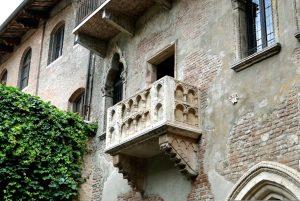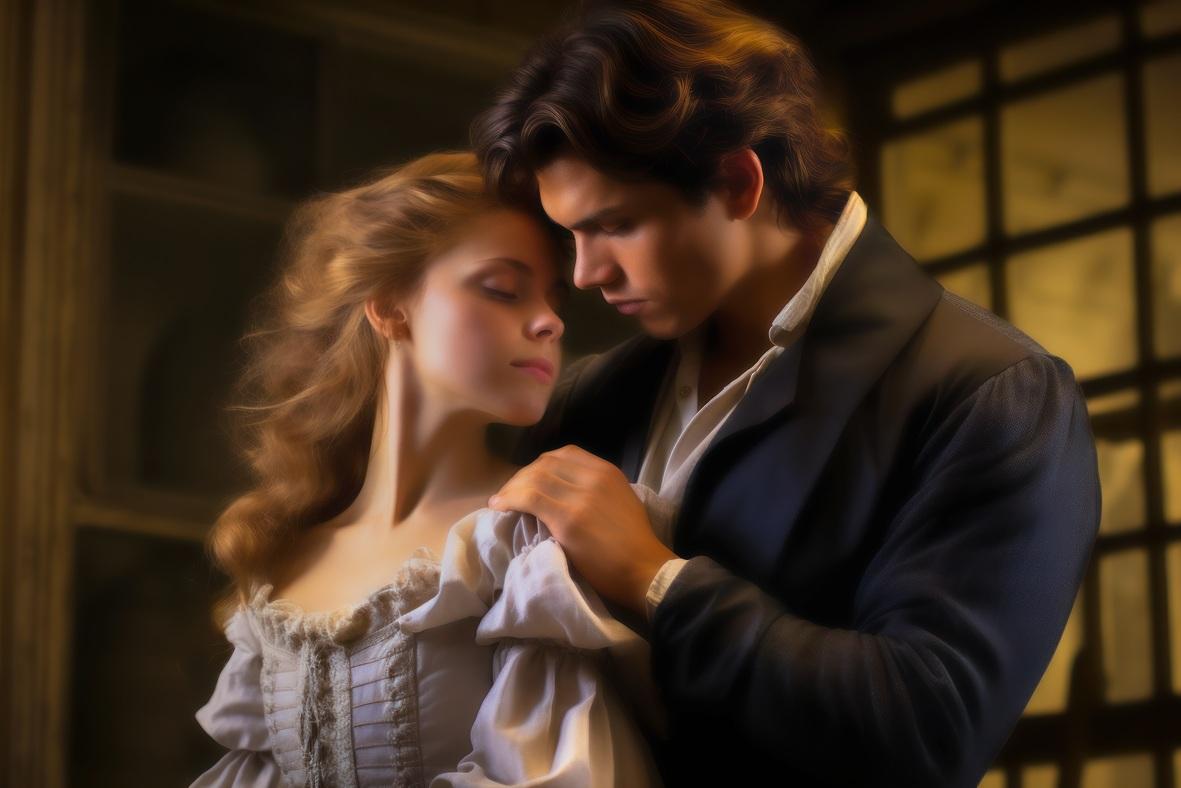By Simone Bandini
Juliet: I won’t fail. It feels like twenty years until then. I forgot why I called you back.
Romeo: I’ll happily stand here until you remember.
Juliet: I shall forget what I was thinking so that you’ll have to stay here, and I’ll remember only how much I love your company.
Romeo: And I’ll stay forever, having you forget forever, forgetting any other home but this.
Excerpt from the ‘Balcony Scene’, “Romeo and Juliet”, William Shakespeare (1597)

The time of Love is a different time: it is the time of the Idea, governed by ideal thought: a timeless time, or rather an absolute time, without a beginning or an end. A time that does not end, that does not die, an immortal time, like the soul – which does not unravel because it is not composed of parts, because it does not belong to matter but supervises it.
The time of the Idea, like the one of Love, is the time of what is True, Real and Rational. In fact, there is no essential, ontological truth without a sensitive and emotional consistency and, vice versa, without ideal transposition into the world of choice and possibility. As Ludwig Wittgenstein said about the limits of logic: “You cannot deny that under your desk there is a rhinoceros”.
And where does this consistency, this sympathetic bridge between the real/material world and the ideal/metaphysical universe occur? No doubt, for those who have been fortunate enough, in being fully in love, totally consecrated and dedicated to the woman – or clearly to the man, and here I will not extend the concept to the new extra gender categories – of his/her life. In this place the divine condition is manifested – which is perfect union, synchrony of soul and body: will and possibility dance in an indissoluble embrace to the nirvanic sound of distant mantras. As for the extinguished stars, universal symbol of a finite condition, of matter that undergoes the end, annihilation, death – the light of Love continues against its journey.
If the Idea is immortal, Love is the greatest and boldest of ideas. Or rather it is the unopposable force that leads to the ‘higher’ government of life.
Where, then, do freedom and necessity meet? In every requited love, the greatest fortune that the Gods have left us, or rather forgotten in our world, before entrenching themselves in heaven and leaving on earth the tragic battle of ambitions, longings and pleasures. What the human condition is made of – without the perspective and governance of the Idea.
In his “Ecce Homo” (1908), a very inspired Federico Nietzsche in ethical-aesthetic trance lets slip between the lines: “Light becomes everything I grasp (that is, ‘I love’, we add), I coal what I leave (and here is the question of the loss of an ideal condition, as well as the loss of Love that surrenders to the elementary world)”.
Like a sudden prodigy, the immeasurable union of Apollonian and Dionysian spirit (light and fire) takes place in this man of destiny, absolute by vocation – who knows how to love without limit and for this reason masters the alchemical mystery of the union between matter and spirit.
All this leads us to say: everything that really exists, in an absolute sense, is only Love. What remains outside this circle is only a barbaric and chaotic struggle through the elements of the low world.
Recommended listening: “One More Time”, Blink 182
